I know I haven’t run my marathon yet but I’m already planning the aftermath! The build up to a marathon is immense. It goes on for weeks and weeks and life revolves around it. But how many runners give any thought to what happens afterwards? If it’s your first marathon then you’re probably just focused on getting to the start line. Once you get there, the finish line is your only goal. Just spare a couple of minutes to think about what happens next so you can feel prepared.
Here is part 1 of a 2 part blog. This covers the first 24 hours after your marathon. I had no idea what to expect once I’d crossed the finish line so here are my tips for what to do once that well deserved medal is round your neck.
Cool down. Don’t just suddenly stop and sit down. Even when you’re exhausted, keep moving and walking around gently to let your body come back to its normal resting state. Even if you’re well trained you’re likely to be very stiff and sore and have trouble with walking around, especially going up and down stairs! I remember standing and staring at the kerb after my first London Marathon, willing my leg to lift the few inches it needed to. In the end I just laughed and lent on my friend. Keep pottering about, a decent walk to the car or train is actually a positive thing.
Sometimes people feel quite dizzy and faint when they abruptly stop after an endurance event. This is due to pooling of blood in the legs and a drop in blood pressure. If this happens to you then do lie down and elevate your legs up against a wall or railing for a few minutes. When you feel recovered, sit up slowly and then gradually stand, preferably with a friend to hold on to.
Eat and drink something as soon as you can. You will probably be a bit dehydrated. Most events will hand out water. There might be an electrolyte drink or dissolvable tablet in your goody bag. Look for something salty to eat such as a packet of crisps or nuts, a potassium-rich banana is a good idea too. Keep drinking on and off throughout the rest of the day. It might be a while before you pass urine but you’re aiming for light straw coloured wee when you do.
Get changed. As soon as you’ve taken your selfies with your medal and finishers t-shirt (unless you planted a tree instead), it’s wise to get changed. Your body temperature will fall quickly. While you can just put a jumper on, it’s far better to take off wet, sweaty t-shirts and sports bras. Have a complete change of clothes in your bag including some warm layers. I know that even on a hot day I’ll be freezing and shivering so I pack a thermal, a down jacket and a thermos of tea. I hate being cold and I find cold muscles seize up and get much stiffer than warm ones.
Leave your shoes on. Now this very much depends on what state your feet are in but I’m guessing they won’t be tip top. You may have burst blisters and peeling skin, especially if it’s been a wet run. Once you’ve taken off your trainers and socks you will have a lot of difficulty getting them on again. So, either don’t take them off until you get home or bring a very soft, comfortable and loose fitting pair of socks and shoes to change into, possibly flip flops.
Keep moving! If you’re still for too long then you will seize up. Keep walking around. If you’ve got a long car journey then plan a stop so you can get up and move.
Have a long soak. Maybe ice baths are your thing but they’re certainly not mine and the evidence needs to be overwhelming for recreational athletes before I’m going anywhere near cold water! You need to wash off the dried sweat and generally become human again. Muscles can relax in warm water so a long bath or shower is perfect.
Treat sore skin. Watch out for hot water hitting chafed skin. It will make your eyes water so you might need to turn down the temperature. Chafed skin and blisters need a good clean in warm soapy water. Pat the skin dry and apply some Sudocrem to the chafed areas. You can leave blisters open to the air but if you need to wear shoes then get some hydrocolloid blister pads/plasters to cover them up.
Consider a stretch. There’s little evidence that a stretch will improve your recovery or your performance but it can feel nice. I wouldn’t do it straight after your run but later in the day after a warm bath is a good time. This needs to be very gentle, no bouncing or forcing and only do what feels good.
Eat a meal. Long distance runs can suppress your hunger hormone. When your belly is full of energy gels and sweet drinks you might not feel like eating much but your body needs some decent food to help it recover. You need a good mix of protein and carbohydrate. If you’re still struggling with eating anything then soup can be really useful.
Relax and sleep. You’ve done the marathon but now your body needs to do the hard work of repairing itself. It needs rest, sleep and recovery. Make sure you don’t have a pile of stuff to do when you get home after your event. You won’t be up to it, or able to focus on it. Delegate and get help if you need to. Get an early night. Be careful what you plan for the next day too. It’s likely that you’ll still be exhausted and possibly even stiffer and less mobile than you were straight after the race.
Rise and shine! Don’t be alarmed if you don’t sleep well. You’d think you’d be so exhausted you’d sleep like a baby but the reality can be different. All those amazing endorphins flying round your body mean it can take time to come back down to earth. You may also wake up repeatedly due to sore muscles and joints, especially when you turn over in bed! Here’s what works for me the morning after the marathon before:
- Drink a big glass of water
- Have a warm bath or shower
- Stretch very gently
- Eat a really good breakfast – berries, nuts and seeds and some more protein such as a good Greek yoghurt is perfect.
- Take some paracetamol if you’re really uncomfortable
- Go out for a walk… wearing your medal of course!
I hope these tips help you to feel even more prepared for your big day. Running a marathon is an incredible achievement and you should feel immensely proud of yourself. I’ll add one final tip, it might be worth having your phone handy too so you can start applying for your next one!
If you’ve enjoyed this blog then you’ll love my book Run Well: Essential health questions and answers for runners, published by Bloomsbury and available everywhere you buy books.
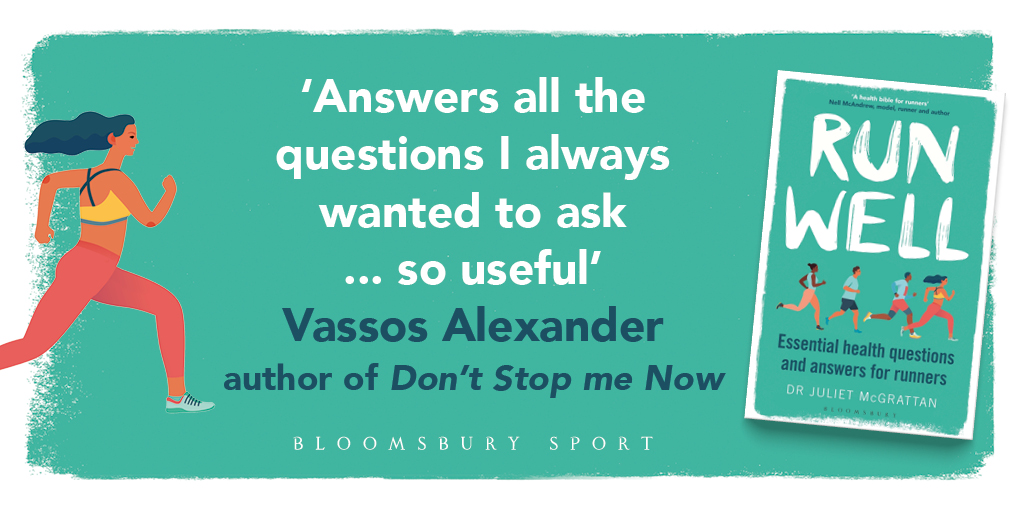
Featured Photo by RUN 4 FFWPU at Pexels

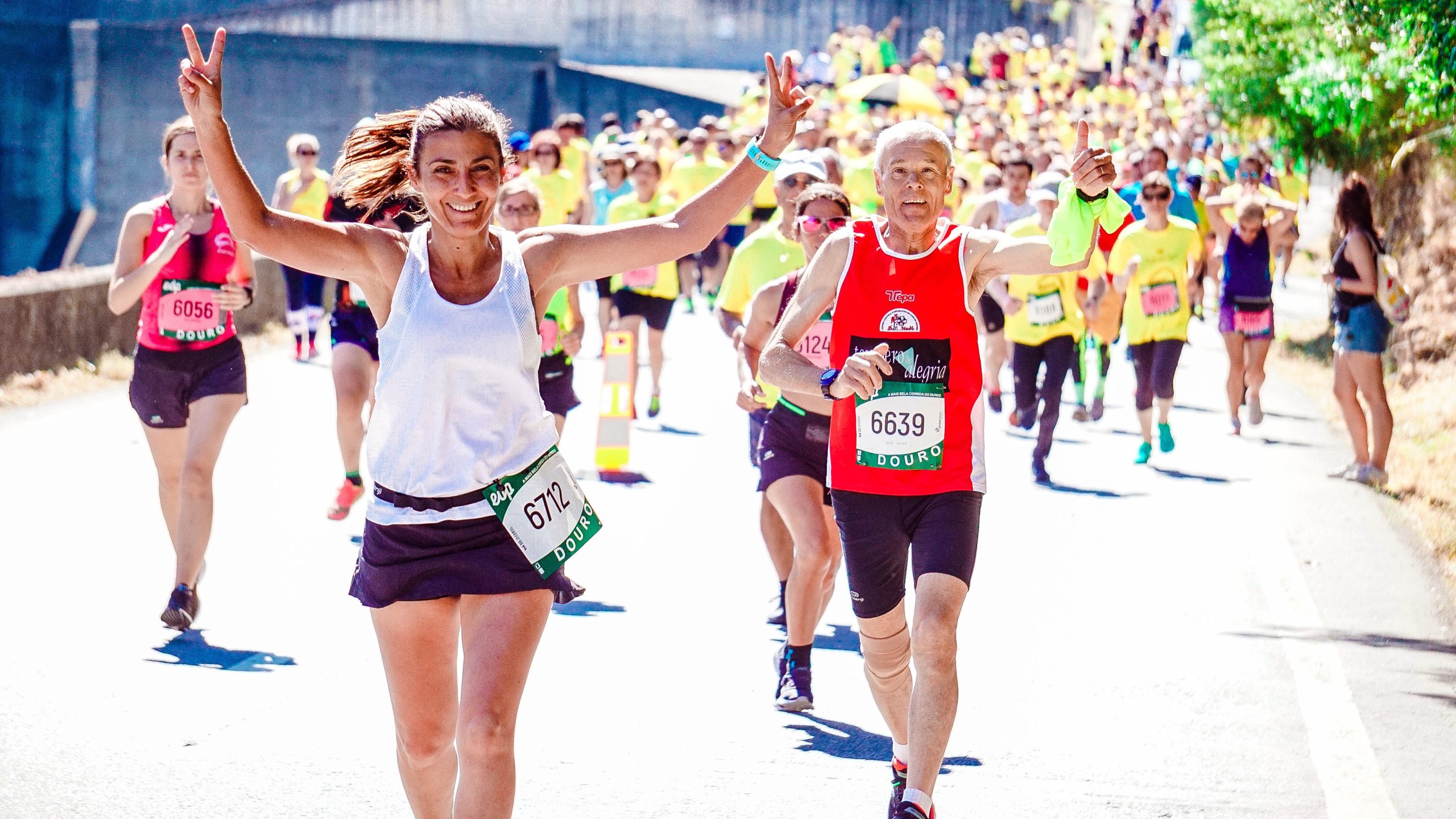
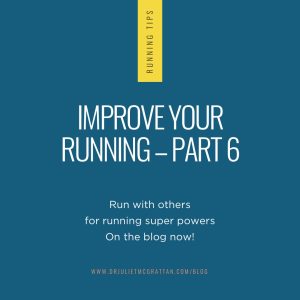
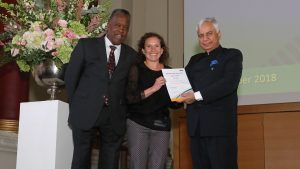
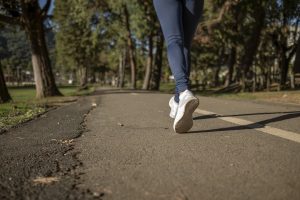

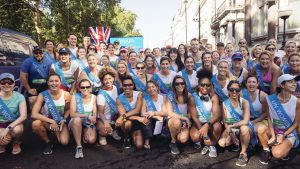
Just thinking back to after my first marathon and having a chuckle. I could hardly move and I was so sore.
I couldn’t turn in bed, or get out of bed for that matter!